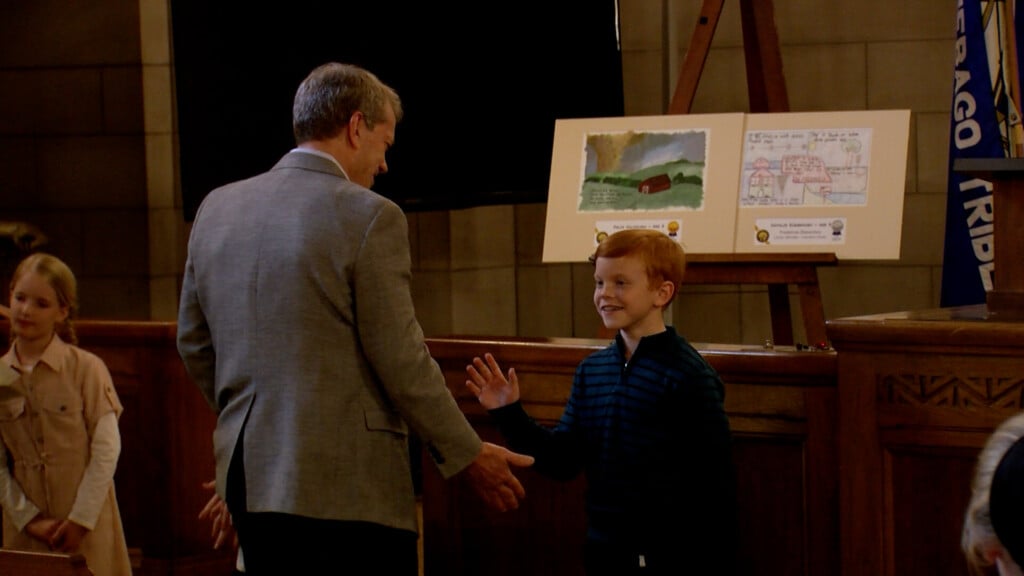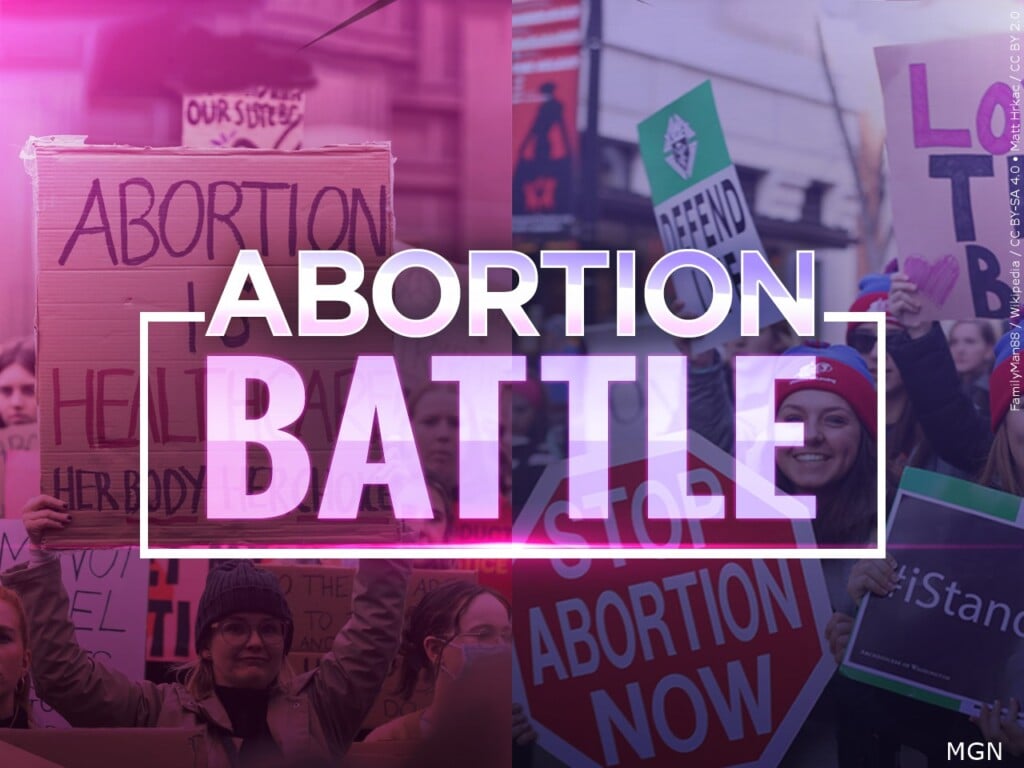Bill encouraging donations for private school aid returns to Nebraska Legislature, with changes
LINCOLN, Neb. (KLKN) — The Opportunity Scholarships Act is once again dividing lawmakers, educators and families across Nebraska.
A public hearing was held Friday on Legislative Bill 753.
It would give a tax credit to people who donate to programs that cover tuition and fees for students who attend private schools.
The bill has been proposed in previous legislative sessions, but opponents called it unnecessary and said it would take away state funding that’s meant for public schools.
This measure, introduced by Sen. Lou Ann Linehan of Omaha at the request of Gov. Jim Pillen, caps the amount of tax credits a taxpayer is eligible to receive at half of their state income tax liability.
It would limit the total amount of tax credits to $25 million in 2024.
They say the bill will help low-income kids get a quality education.
But not everyone is in favor of the bill. Some say it would take away money that should go to public schools.
That’s because the state gives each school district money for each student.
And if more students leave public schools for private schools, opponents say, that will mean less money for the districts.
Opponents also argue the act may allow certain students to be discriminated against because the state cannot regulate the admissions process for private schools, despite using taxpayer money.
A Michigan State professor of education policy, Joshua Cowen, said he’s seen students rejected from private schools that have strict anti-LGBTQ enrollment rules.
Cowen said the bill should require that schools agree not to discriminate if they accept these donations.
“From a good governance and human rights perspective, if the state’s going to provide that kind of legal aid for schools to discriminate against particular children, we need to see what that language is from the schools directly,” he said.
He also said similar scholarship programs have a turnover rate of 20% of kids.
But Cowen believes there are ways to hold private schools using the scholarships accountable.
“The first is annual academic progress reports,” he said. “You have to do that if you’re going to have any idea how these children are doing and give any sort of credence to support these claims that these things are good for kids. The second thing is strict, clear, transparent financial reporting that’s not just from the scholarship organizations.”
Student Jaylesha Cooper favors the bill and says her life would have been much different if she didn’t have the chance to attend a private school.
“I can honestly say that going to a private school changed my life,” she said. “It brought me out of my shell, I joined extracurricular, I skipped a grade, I had all A’s throughout my education. But even with the help of the scholarship, my mother still had to work multiple jobs to afford the education for my brother and I.”
The committee did not vote on the bill on Friday.



